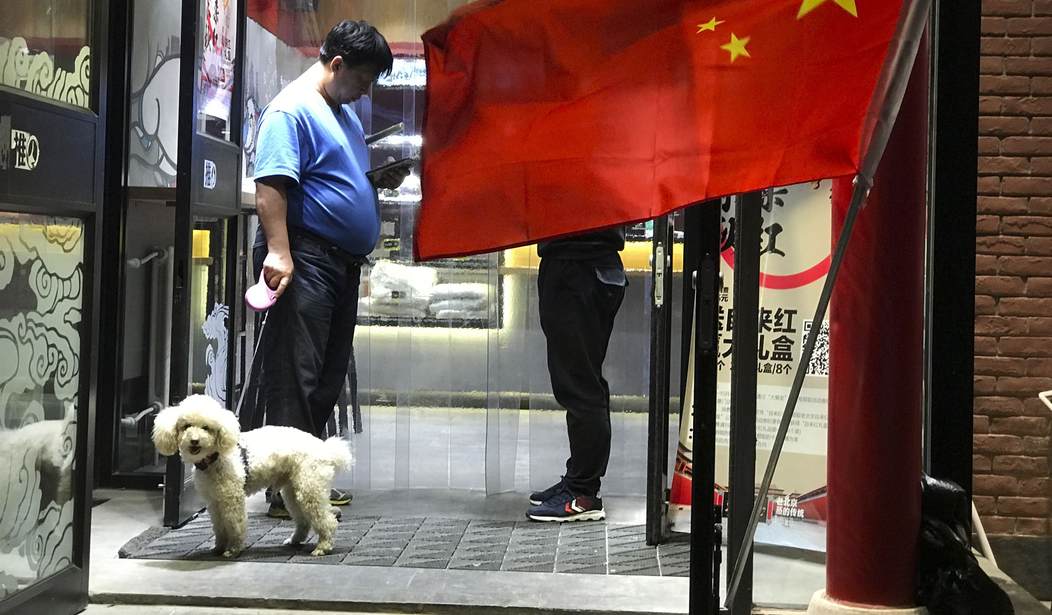China is an impressive country. When you get beyond the Great Wall, the Terracotta Warriors, and the majestic Three Gorges, you can’t help but be struck with China’s visible and rapid economic expansion. As guides brag, “Come back again to our country, and you will see a different China. In fact, wake up tomorrow, and you’ll see a different China.” The official bird of China is the crane, the towering construction cranes visible across the skylines of China’s major cities.
It’s not communism that has made the difference; it’s what we call capitalism, a market-driven economy on steroids. Before the communist cultural revolution, only the rich lived well. Although guilty of atrocities, Chairman Mao’s ascendance did bring food and other basic needs to many Chinese citizens. The rich were taken down and companies were taken over by the government.
But something happened as communism took its toll on the motivation of its citizens. Soon people were doing less for themselves, waiting for government to provide what they used to do for themselves. The standard of living stagnated. Why work hard when what you receive is no more than those who do nothing? The time was right for change.
In 1978,Deng Xiaopingintroduced economic reforms that would unleash the potential of this resource-rich country. With a market-driven economy, initiative and hard work were again rewarded; citizens got to keep more of what they earned. Looking at the skyscrapers, the well-dressed citizens, and their expensive cars, it’s clear that those changes have worked for many.
When Deng Xiaoping was asked whether he’d rejected communism for capitalism, he replied, “It does not matter whether a cat is black or white, just whether it can catch mice.” Now, China is catching mice at a record pace. They are already the second largest economy in the world. Experts expect China’s GDP growth to exceed the US. They disagree only on when that will happen—estimates vary between 2025 to 2032.
Recommended
The young are fueling that growth by providing a disciplined, educated, and motivated work force. Their goals are simple. First, they want to buy a condo, then a car, and, finally, they want a partner.
With 60 million more men than women, finding a wife is difficult for young Chinese men due to past child-bearing policies. Women can easily hold out for the man with the most to offer. As one young man confessed, having a BMW advertises “Be My Wife.” Although couples soon can have as many children as they want, most settle for one child, and certainly no more than two. Their focus is improving their economic and professional position.
Not to be charged with looking at China through rose-colored glasses, many we met privately expressed concern about Xi Jinping’s decision to be China’s perpetual President. Tough trade and tariff talks remain, but as long as life is good, most in China do not worry about “politics.”
There remains extensive government control. While watching CNN in our room, the screen went blank when a pundit began criticizing China. When his comment was over, the coverage returned. As messy and chaotic as freedom of the press can be, how blessed we are in America to preserve our freedoms. We pass the public square test—we can scream from any street corner about our president and survive. In fact, many will applaud!
China need not be a threat if it can become America’s wakeup call. We cannot coast if America wants to maintain its dominant position in the world’s economy. President Trump’s efforts to once again unleash the potential of our economy by providing tax cut rewards for companies and citizens who work hard is a step in the right direction. Cutting dependence on government and challenging more people to develop marketable skills and earn their own American Dream is our best hope of keeping China in our rearview mirror. We have the people, the skills, and the freedom to meet the challenge, and we must each do our part.

























Join the conversation as a VIP Member